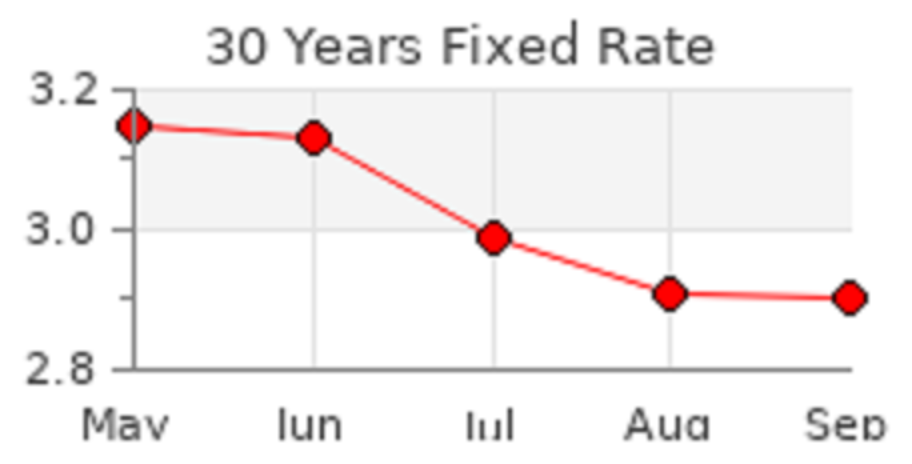Despite the ongoing coronavirus pandemic, the real estate market must go on. Homeowners still need to sell, house-hunters still need to buy, and real estate agents still need to make a living. But the typical home selling process involves frequent contact with strangers—which is not recommended during this time of social distancing.
By now, you’re probably getting pretty good at making adjustments in your everyday life to protect the health and safety of yourself and those around you. Along the same lines, there are steps you can take to show your home to potential buyers without risking your health or hurting your chances of a sale. Here are some tips to prepare your home for sale in the coronavirus era!
Get Help with Staging
According to The Mortgage Reports, staged homes sell an average of 73% faster than non-staged homes. Staging involves eliminating clutter, incorporating decorative elements, and adjusting the layout of your furniture to improve the flow of your home. The overall goal is to make your home appear bigger, brighter, and more inviting to potential buyers. Fortunately, some staging steps are easy to tackle on your own, such as cleaning, decluttering, and depersonalizing. These steps will help buyers picture themselves living in your home instead of feeling like intruders in someone else’s space.
When it comes to décor, however, it’s best to hire a professional. An interior designer can help you stage your home to effectively show off key aesthetic elements as well as the features that make your space functional. You can easily find freelance interior designers on job boards like Upwork. To keep yourself and your designer safe, make sure they have adopted special procedures to conform with CDC recommendations for COVID-19.
Don’t Neglect Your Curb Appeal
Don’t let your home preparations stop at your front door! Even if buyers aren’t visiting your home in person, they will still want to see your home exterior. In fact, a picture of your home exterior will likely serve as the bait that draws potential buyers to your online listing. Don’t neglect your curb appeal!
Tool Review Lab recommends several ways to boost your curb appeal—even if you’re on a tight budget. For example, you could power wash your front porch and siding, install a new mailbox, hang modern house numbers, and do some basic lawn maintenance.
When it comes to your front yard, make sure your lawn is lush, freshly mowed, and free of weeds and dead spots. Consider planting new flowers and remember to weed and mulch the beds to keep everything looking neat. You may even want to hire a professional to give the trees and shrubs around your yard a good trim.
Consider Safer Showing Alternatives
While it’s clear that hosting an open house is off the table, you may also want to limit in-person showings. Offer your buyers no-contact alternatives! Shoot a video walkthrough of your home and upload it to your online listing so buyers can tour your home virtually. You could even schedule live video-chat showings with interested buyers so they can ask questions about your home or request specific shots of rooms or features.
Since buyers will form a first impression of your home based on your listing, make sure it does your home justice. Write a strong listing title, include a detailed and exciting description, and post plenty of high-quality photos. A great real estate agent can help you craft your listing so that it properly showcases your home’s best features. Your real estate agent can also help you navigate virtual showings! Take the time to find a professional who is well-versed in using online tools to connect with buyers.
Selling a home in the age of the coronavirus is bound to be a bit of a challenge. Thankfully, the real estate industry has been quick to adopt virtual alternatives to open houses and buyers are happy to continue their housing hunt online. With some special attention to staging and a solid virtual presence, you’ll have no problem closing a sale during the pandemic!
Message me if your thinking about buying or selling a Fort Collins or Loveland home at m.me/EdPowersRealEstate











